Has the G20 summit been a breakout success? Has it been used by Prime Minister Narendra Modi to raise his stature in global politics and leverage it for the domestic audience? And will it help the Bharatiya Janata Party in the Assembly and Parliamentary elections? These are three questions which I have repeatedly been asked recently. While grappling with these questions, I reached the conclusion that answer to the first two questions is yes, but for the last one the answer is a big NO.
There is no doubt that the G20 Summit has been a great success. It has further established India as an important player in world politics, a position that India partially abdicated after the Soviet Union collapsed in 1991. It was the time when India realised that its bargaining power had weakened as the world had become unipolar and the Cold War was no longer the defining paradigm for global politics. It also coincided with India being on the verge of bankruptcy. In the changed world structure and due to domestic compulsions, India not only tried to reach out to Western powers, it also tried to borrow a few concepts of market economy from them. This was the time when India was also troubled by the Kashmir and Punjab crisis. The Ram Mandir movement was picking up. The fault lines of casteism were threatening to widen the divide in society.
This was the time when India unleashed economic reforms and by the beginning of the new millennium, the world started taking note of the economic growth in India. This was also the time when China suddenly emerged as a prospective superpower, destined to occupy the global role which the Soviet Union had occupied since after the Second World War. The world did realise that that if the 20th century belonged to the West, the 21st century would establish the East as the engine of the world. By 2023, that prophecy has turned out to be true. China, undoubtedly, is the second most powerful country in the world and India, despite all the handicaps, is seen as a future superpower.
India today has a vast market of 140 crore people. Its new middle class is much bigger than the combined strength of half a dozen European nations. Its managers are the most sought after globally. The world’s major multinational companies are run by Indians. Leaders of Indian origin are occupying high offices in industrialised countries. If Rishi Sunak is the Prime Minister of Great Britain then Kamla Harris is the Vice President of the USA. India today is the fifth largest and the fastest growing economy. Due to the Chinese geo-political arrogance, the Western world is trying to cultivate India as a future partner vis-a-vis China. It is in this context that India’s presidency of the G20 has to be seen. The Modi government cleverly and successfully leveraged its global position to find a consensus on the issue of Ukraine, which at one point of time looked a distant dream, and for this the Modi government should be complimented.
As we know, despite the Ukraine war, India did not break its relationship with Russia. During the Cold War era, when the world was divided between two camps and the USA was backing Pakistan, then it was the Soviet Union, the earlier version of Russia, which very strongly stood by India. India, instead of taking a moralistic stand on the Ukraine war, sensibly, despite being critical of Russia, avoided openly condemning Russia and despite world pressure continued importing petroleum oil from Russia. This goodwill finally paid off in the G20 summit. The Delhi declaration can be viewed as a victory of Indian diplomacy and it should be celebrated.
The signing of the deal about Indian-Middle East- Europe corridor is another diplomatic milestone. Ever since the Chinese opened its Belt and Road Initiative, India was at a disadvantage. This deal will not only open new trade routes and ports which will connect India, Saudi Arabia, UAE, Israel and European Union, but will also counter Chinese attempts to hegemonise trade and connectivity in the area. This will not only make trade with Europe faster by 40% as suggested by Ursula von der Leyen, the president of the European Commission, but will also connect India with history as this was the route which was taken by the traders in the medieval times.
India traditionally has been a leader of the Third World countries as a champion of the Non-Aligned-Movement. India’s first Prime Minister Jawaharlal Nehru and his daughter Indira Gandhi were at the forefront of this movement, which was an attempt to chalk out an independent path and not become a pawn for either of the two superpowers in the Cold War. Today the Global South breathes the same spirit. And in this context the admission of the African Union (of 55 African countries) in the G20 is indicative of the fact that the world economy has a common goal and that harmony between nations is the only way forward for a peaceful future.
These are no mean achievements. But what has been jarring is the attempt by the government to project the entire exercise as a personal accomplishment of Prime Minister Modi. No doubt he, being the captain of the team, should get the credit but how could the contributions of other Indian prime ministers be ignored? Foreign policy is a continuous process. At this time, Modi happens to be the prime minister, when geo-politics changed for India’s benefit. In 2008 when the world was hit by recession, India also suffered but in 2009, India under Manmohan Singh bounced back when other big countries struggled. American president Barack Obama had openly hailed Manmohan Singh as a great statesman. On the sidelines of the G20 summit in Toronto, Obama said, “When the Indian prime minister (Manmohan Singh) speaks the whole world listens to him, because of his deep knowledge of economic issues, the nuance of India’s rise as a world power and its commitment towards global peace and prosperity.” That was the time when no American President or their administration gave India sermons on the issue of democracy, religious tolerance and freedom of speech as Joe Biden did in Vietnam after exiting the Delhi summit this time.
There is no doubt that the entire G20 was designed by the government to portray and project the PM as a global leader. It was also propagated that India could get the presidency of G20 due to his strong leadership. The fact is different. The presidency of G20 is rotational and it has nothing to do with who the prime minister of India is. This was done to create a mythology around him that no leader in the country can match his stature and India is lucky to have him. Unlike any other prime minister, Modi does not lose any opportunity to market himself. Every event, be it global or local, is designed to create a cult around him. I have no qualms in saying that this event was no exception. In the upcoming Assembly elections and also in the 2024 general election, the success of G20 will be exploited to the hilt like the surgical strike in Balakot was done in 2019 elections. But I am not sure if history will repeat itself. It will have a very limited impact. The result of the Assembly elections will be a pointer to this effect.
(The writer is Editor, SatyaHindi.com, and author of Hindu Rashtra. He tweets at @ashutosh83B)

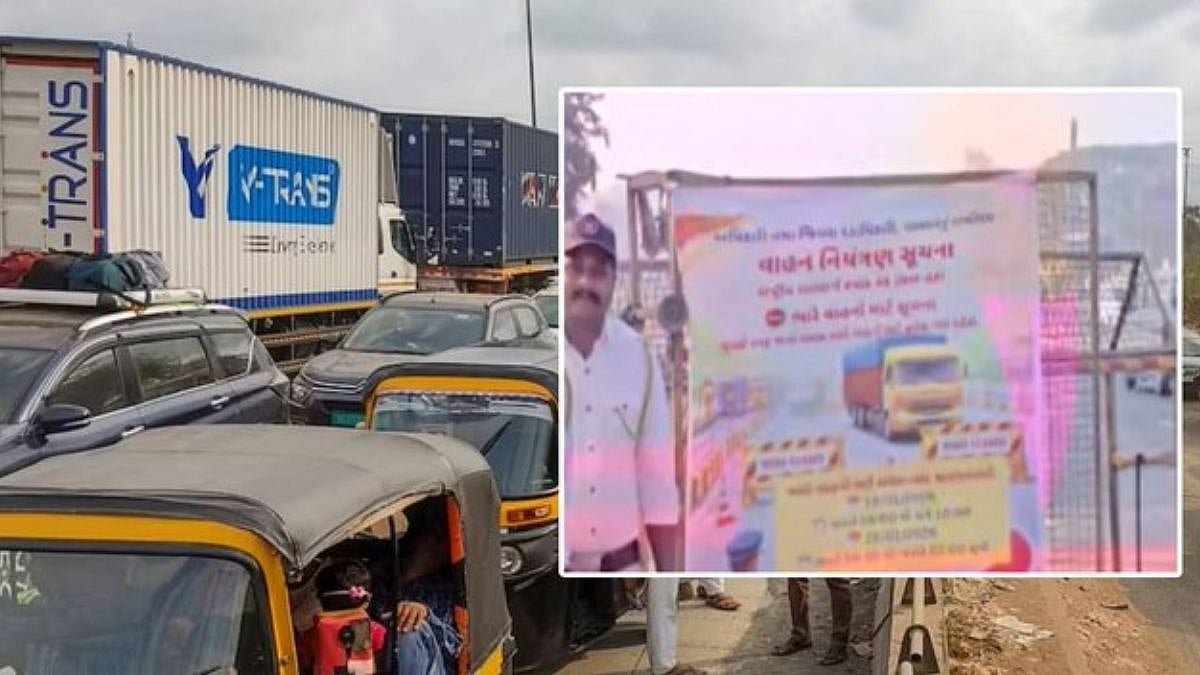
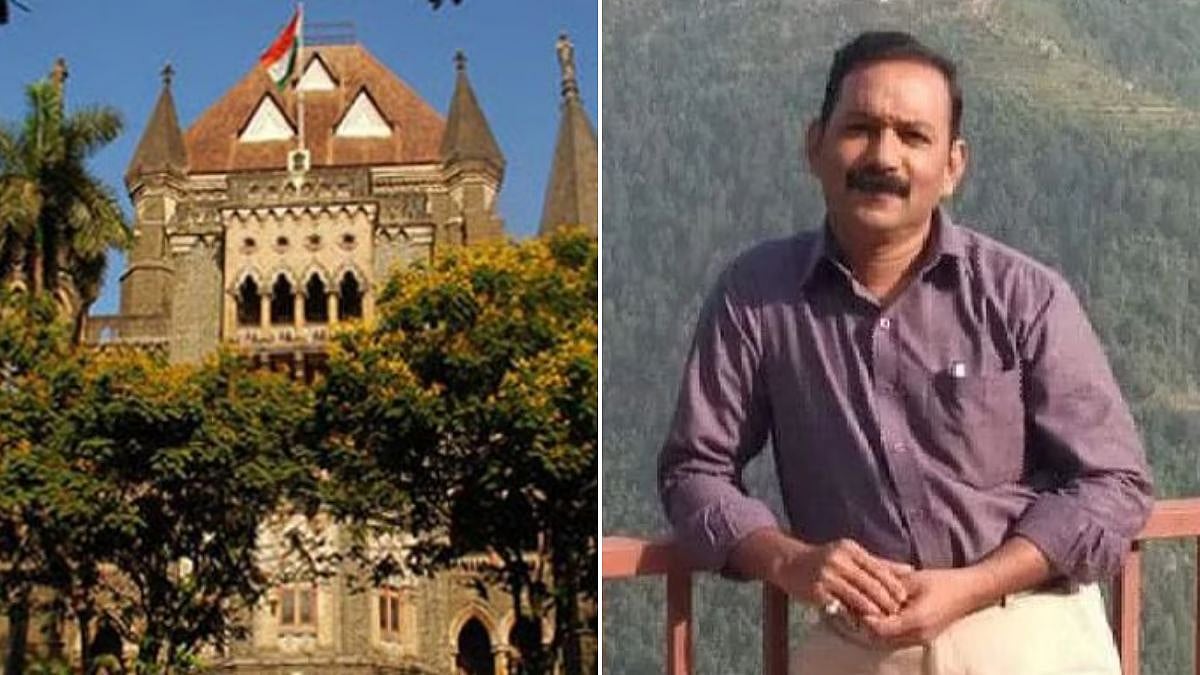
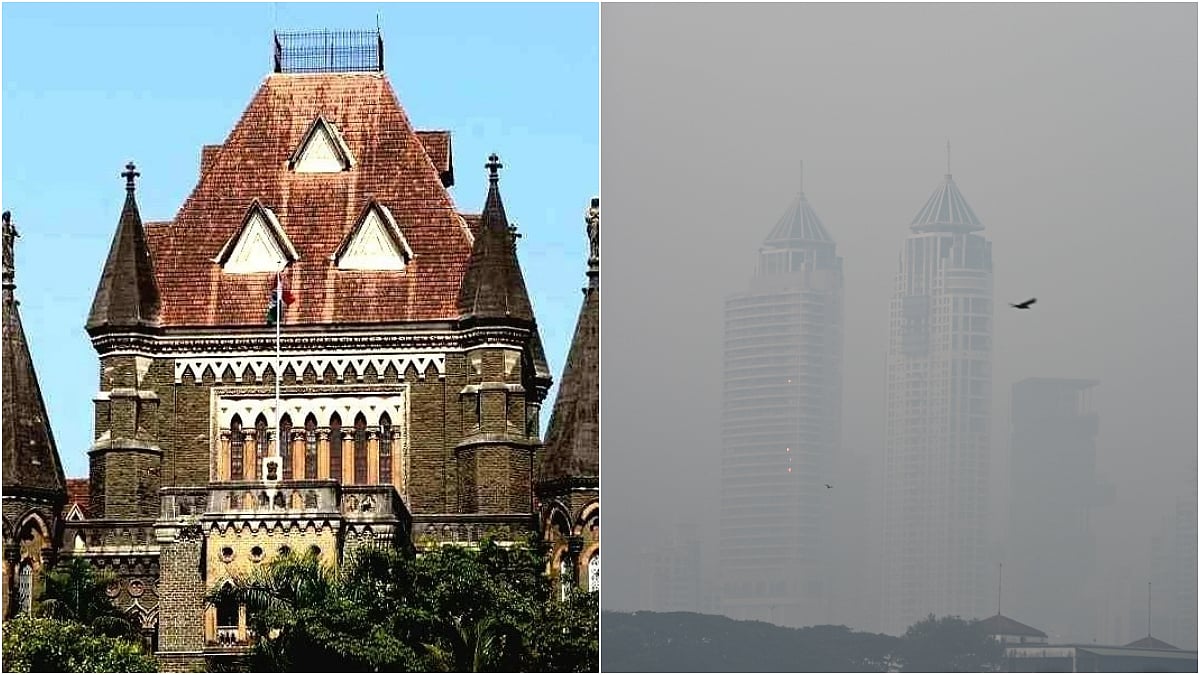



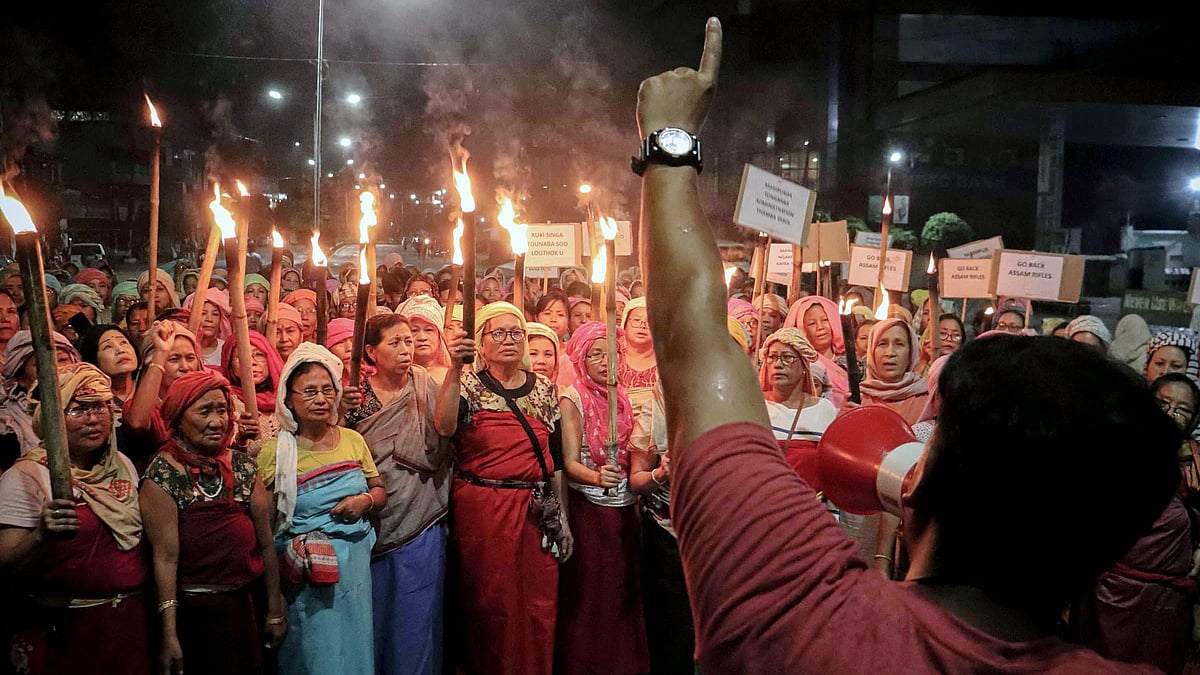

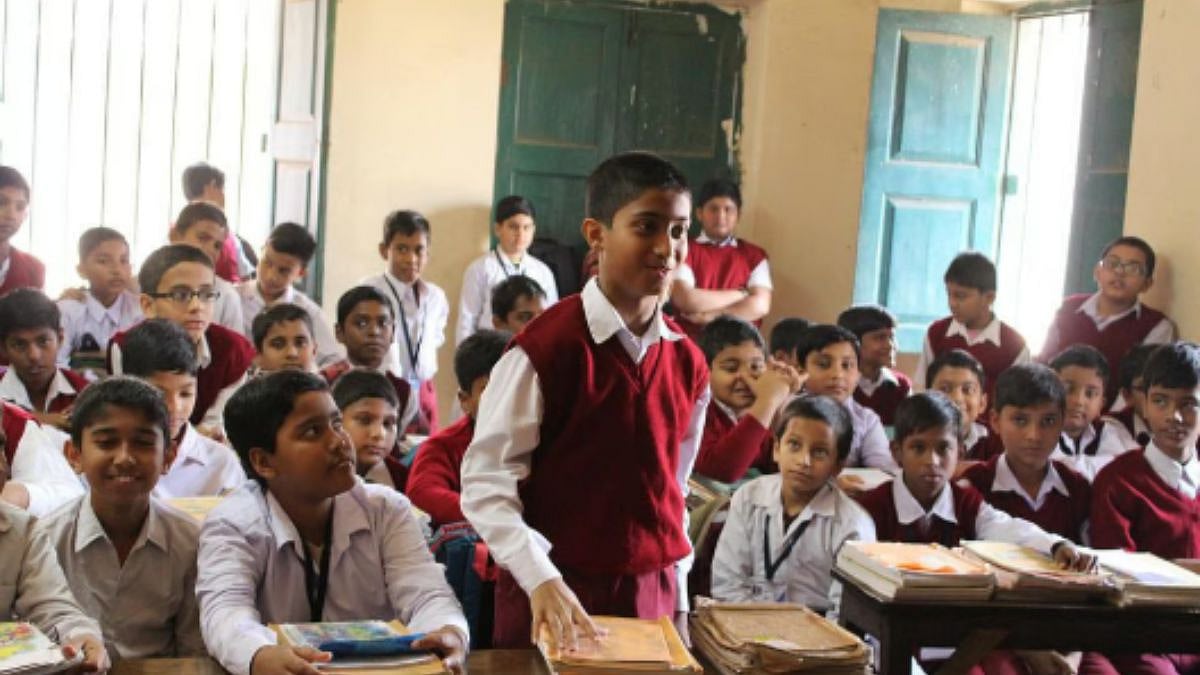
.jpg)